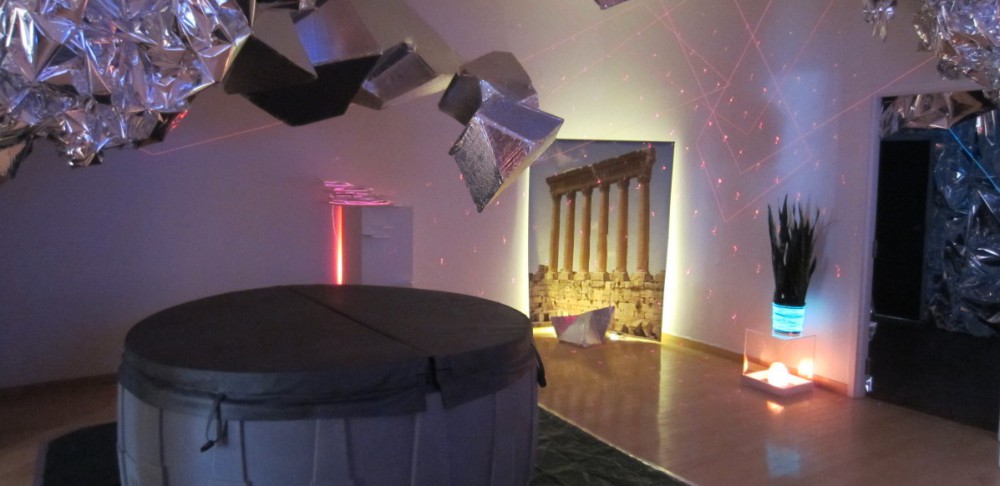Title has nothing to do with what I’m writing about, I just liked that line.
So the book goes on and we learn more about Luciente’s utopian society, and it’s interesting to contrast it to Connie’s time and our own. During Connie’s conversation with the character Parra, we learn that rape is seen in this society as cannibalism (201). Today cannibalism is seen as barbaric, repulsive, something only the vilest of individuals, possibly with a mental disorder, could commit. Even though nowadays rape is obviously a serious crime, it seems so pervasive in our society, with issues such as date-rape and slut-shaming used as excuses to justify it.
While on a walk with Luciente, we get a lot of exposition regarding the way they manage waste in the future. Everything is reused and recycled, evidenced as when Connie asks Luciente if they throw anything away, she just replies “Thrown away where? The world is round” (234). We also learn that in the future everyone works equally, no one profession is more important than another (261). That way there isn’t any one “class” or profession that can consider themselves superior. This is in contrast to Connie’s time, where scientists such as Dr. Redding look down on Connie and the other patients as just guinea pigs for his experiments.
The enemy that have only been briefly mentioned before are now described as being androids, robots, cybernauts and partially automated humans (261). This leads me to believe that while Luciente’s society exists in the future, they are actually in combat with what could be thought of as the descendants our actual present civilization. The reason behind this thought is that there is a part of humanity that decided to change their ways, embrace the Earth and one another and became Luciente’s people, and then there is the part that kept on depending on technology and machines (us), that are on their way to destroying the planet with pollution. Evidence for this can be seen when Luciente tells Connie:
Once they ran this whole world, they had power as no one… and riches drained from everywhere. Now they have the power to exterminate us, and we to exterminate them.
As far as Connie developing as a character, we learn that for some reason catchers from the past are usually females in hospitals or prison (188). After Connie has a dream where she fantasizes about her becoming a mother in the future, Luciente points out that romance, sex, birth and children are all Connie thinks about, however those things are not women’s business anymore in her society, but everybody’s (245). It’s interesting to see that these are the feelings and the things that Connie holds on to the most, that make her feel complete; however, Luciente tells her that in her time “dignity comes from work”.
Finally, we have Connie dealing with the anxiety stemming from her being recaptured and brought back to the hospital and the impending experimental surgery that awaits her. Even though Luciente tries to encourage her with words, Connie points out that Luciente doesn’t understand what it is for others to have control over her life (257). Since she was born, Luciente has been free from any kind of control from someone “superior” to her, since in her society everyone is treated as equals, whereas in Connie’s world people she disliked held power over her, power to run her life or wipe it out.
I don’t know where the story is heading from this point. With the brain surgery performed on her, will she lose her ability as a “catcher”? Dun, dun, DUN…



